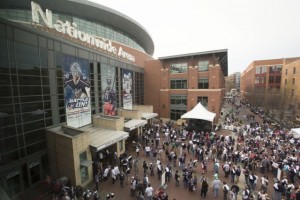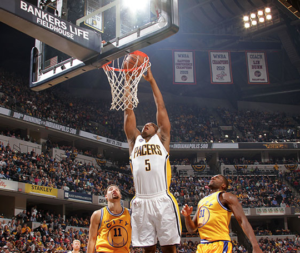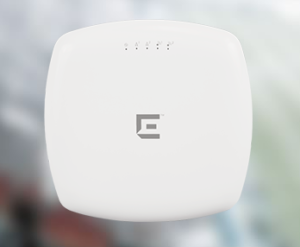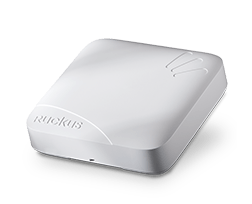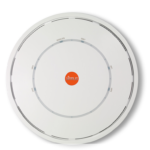 Network management company Riverbed announced a definitive agreement to acquire Wi-Fi provider Xirrus, for an undisclosed fee. The move is just the latest in a string of acquisitions of standalone Wi-Fi companies, following Hewlett Packard’s purchase of Aruba in 2015 and the journeys of Ruckus Wireless, which was first bought by Brocade and is now on its way to being a part of Arris.
Network management company Riverbed announced a definitive agreement to acquire Wi-Fi provider Xirrus, for an undisclosed fee. The move is just the latest in a string of acquisitions of standalone Wi-Fi companies, following Hewlett Packard’s purchase of Aruba in 2015 and the journeys of Ruckus Wireless, which was first bought by Brocade and is now on its way to being a part of Arris.
While Riverbed said it would continue to offer Xirrus’ Wi-Fi products as a standalone business, its interest in Xirrus’ Wi-Fi technology is most likely in the enterprise office market. While nowhere near the size of players like Cisco or Aruba in the stadium wireless networking arena, Xirrus did have some wins in the space, including deals where its equipment was resold by Avaya. More as we hear more on the deal.
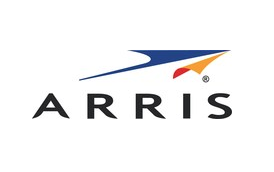 The wireless networking business once known as Ruckus Wireless is finding a new home, as Arris announced today that it plans to buy Ruckus from current owner Brocade as part of an $800 million deal that also includes Brocade’s ICX switch business.
The wireless networking business once known as Ruckus Wireless is finding a new home, as Arris announced today that it plans to buy Ruckus from current owner Brocade as part of an $800 million deal that also includes Brocade’s ICX switch business.